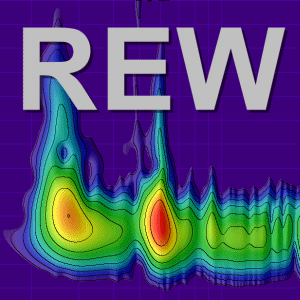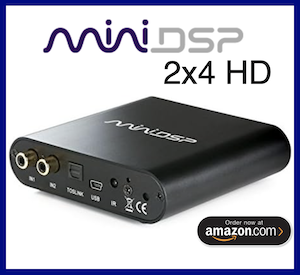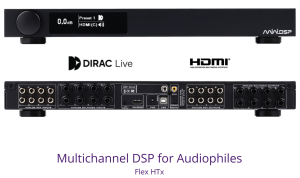Wondering if REW would get correct phase values (latency) if not using loopthrough, but using ASIO drivers? I did some playing around and noticed for example that the delay to IR peak did not chenge in a loopthrough measurement when I changed the soundcard (RME) buffer size. So it seems that ASIO drivers know and account for this. Can ASIO also account for OS latencies and ADC/DAC latencies? If so, we would only need physical loopthrough for non-ASIO sound interfaces (?)
I have a set of measurements which were made using ASIO/RME but without loopback turned on. I exported them using the suggested method where you go to IR Windows and set the Reference to 0 time and apply to all measurements, then export. I later made a loopthrough measurement and had thought to maybe use that to correct the original measurements, almost as if I had used the loopthrough in the first place. Now I'm not sure if the original measurements even need correcting.
I have a set of measurements which were made using ASIO/RME but without loopback turned on. I exported them using the suggested method where you go to IR Windows and set the Reference to 0 time and apply to all measurements, then export. I later made a loopthrough measurement and had thought to maybe use that to correct the original measurements, almost as if I had used the loopthrough in the first place. Now I'm not sure if the original measurements even need correcting.












